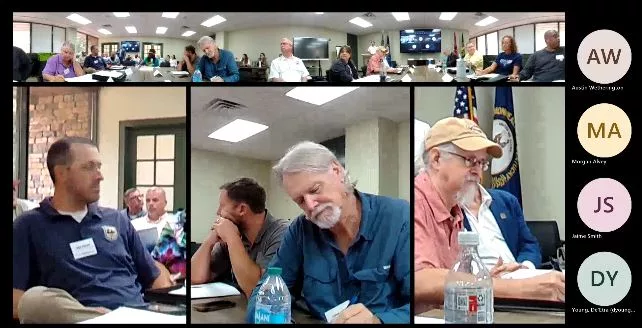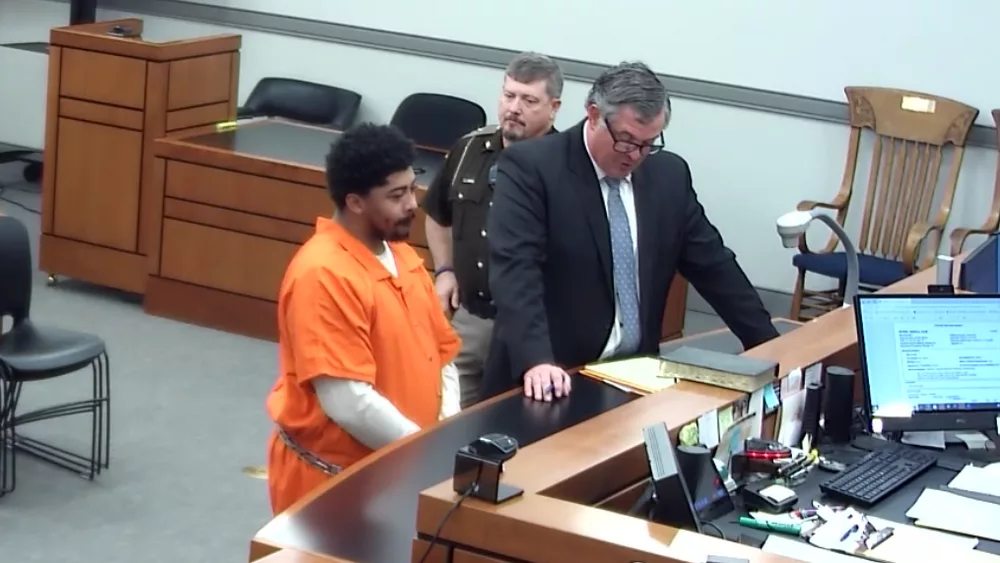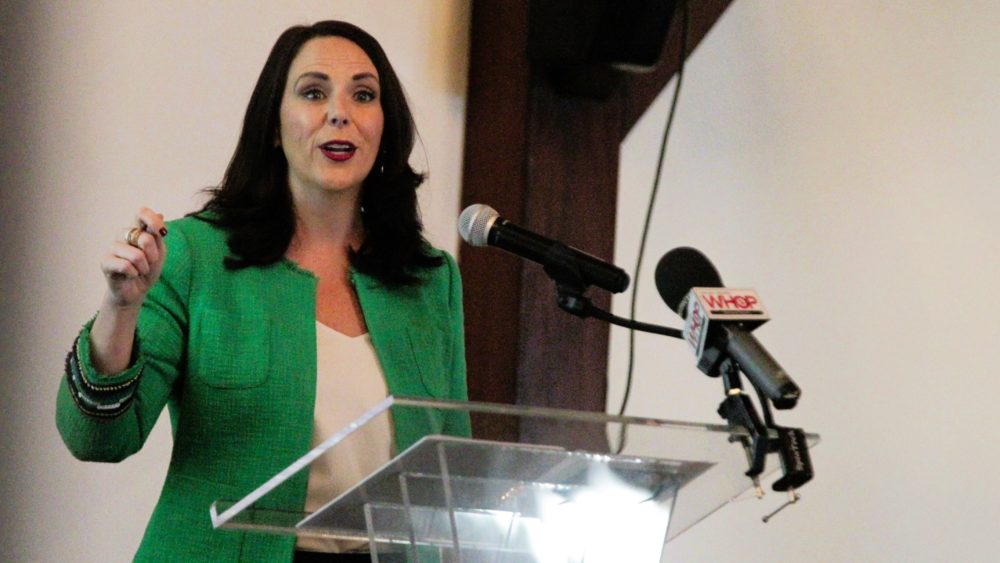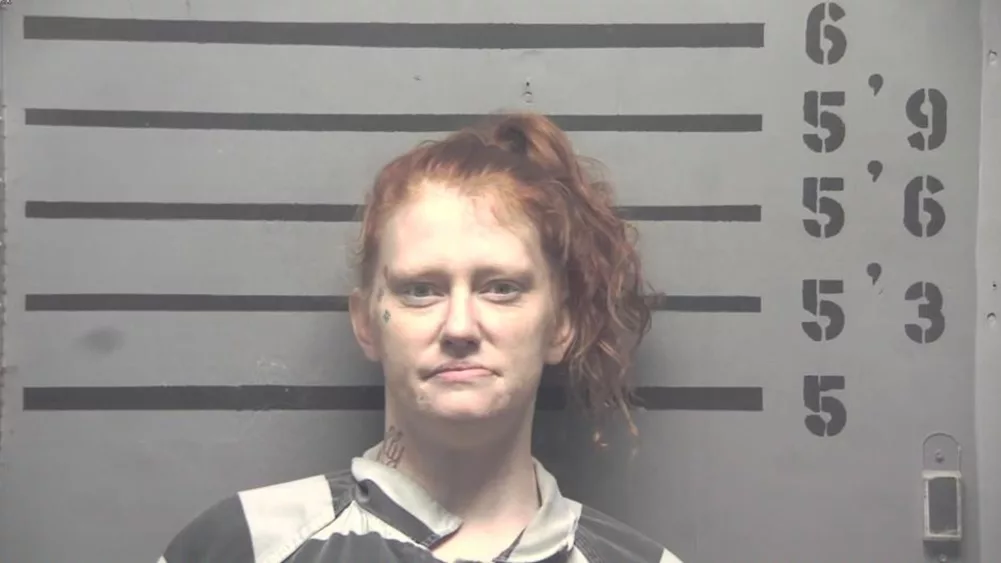
At the end of September, Land Between the Lakes officials and their Advisory Council once again convened for an informative, eight-hour leadership session — discussing all topics surrounding the 170,000-acre recreation property.
Among its most important moments: a deep-dive on feral hog eradication, and the future of the beloved Woodlands Nature Station.
Mark Turner, a council representative for Trigg County, said officials will once again get two-week access to helicopter and aerial assault mechanisms for two weeks this winter — in hopes of completely exterminating the population by October 2025.
Turner had several questions for Animal and Plant Health Inspection Service (APHIS) advisors Nathan Klopmeier and Brad Robbins, most notably inquiring: humans are capable of killing all animals on Earth, so why ban hunting them in Kentucky?
The answer, Turner said, came in no uncertain terms.
Turner noted that not only has farm production lessened because of feral hog disturbances, but they have continued to destroy properties most dear to families and their departed loved ones.
APHIS just completed its 10th year of extermination efforts, and in 2018-19 recognized an increasing population of the invasive beast, despite work to trim the pork.
As for the Woodlands Nature Station, Turner said a group field trip to the facility proved enlightening and encouraging. He said there are “lofty” plans on what officials want to do to the property — particularly as they took in $500,000 in federal support this year, and are hoping for another $4.5 million in 2025.
Reaching accreditation with the Association of Zoos and Aquariums, Turner noted, is of top order, while adding signage with QR codes and building a trio of interactive “children’s forests” are long-term goals.
A new animal enclosure could also be in the horizon — one for a species native to west Kentucky’s watershed.
More than 60 years old now, the Woodlands Nature Station should be in line for a major influx of financial support. Its last animal enclosure constructed in 1995, and in order to prepare for these changes, LBL has partnered with the National Forest Foundation in order to assist with the “backyard renovation,” with hopes of improving project management, funds development and public engagement.
Among other top notes:
— Annually working with indigenous peoples through the Native American Graves and Repatriation Act, 200 remains of Eastern Band Cherokees and 400 remains of Chickasaw were reburied within the last year, offering proper resting places for those in their former homes.
In fact, through the Tennessee Valley Authority, the Land Between the Lakes Heritage and Cemetery Fund has a major announcement planned for 11 AM until 12:30 PM Saturday, November 2, at the Grand Rivers Community Center.
TVA Board Director Wade White, former Lyon County judge-executive, will have remarks. TVA and the U.S. Forest Service are expected to donate funds to Friends of LBL for the creation of a financial mechanism that will provide maintenance and upkeep of historic cemeteries and heritage sites.
Those interested should RSVP with Scotty Sholar by October 18: jssholar@tva.gov, (270) 350-1910. Food will be served after guest speakers.
— More than 400 personnel days were used in order to respond to the Western U.S. fire season. Locally, more than 15,000 acres were burned in LBL, including the single largest burn in the preserve’s history. Staff also responded to wildfires, abandoned campfires, burn scars and several areas of storm damage. At least another 15,000 acres are part of the planned burned for Fiscal Year 2025.
— Fiscal Year 2024 accomplishments include: repaired siding and roofs for the Golden Pond Visitor’s Center and Planetarium, a re-roofed double pen at the Homeplace 1850s Working Farm, four replaced trail bridges, two new bathhouses at Hillman Ferry, an official plan of action cemented for improvements to Piney Campground, and the opening of discussions for a hiking/biking trail along the Trace (which is a National Scenic Byway).
— Officials also noted that while active bears have captured headlines and attention in west Kentucky, it’s more likely to become the norm.
— The advisory council next meets March 2025.




